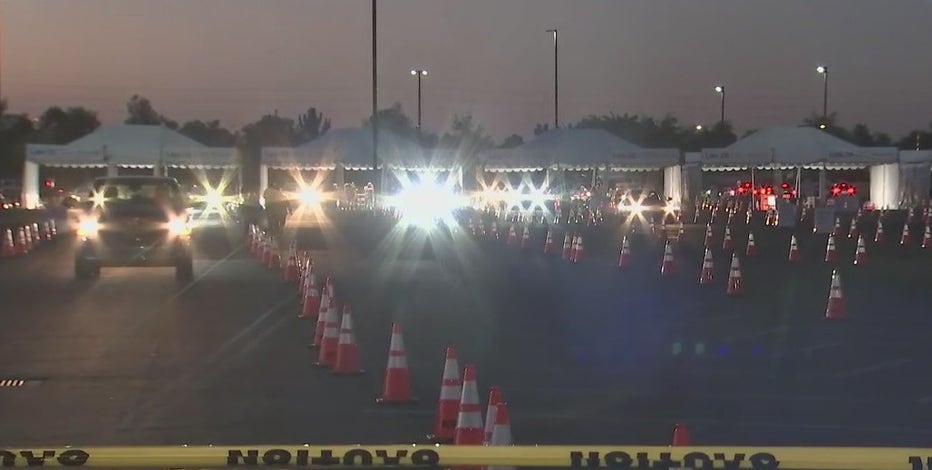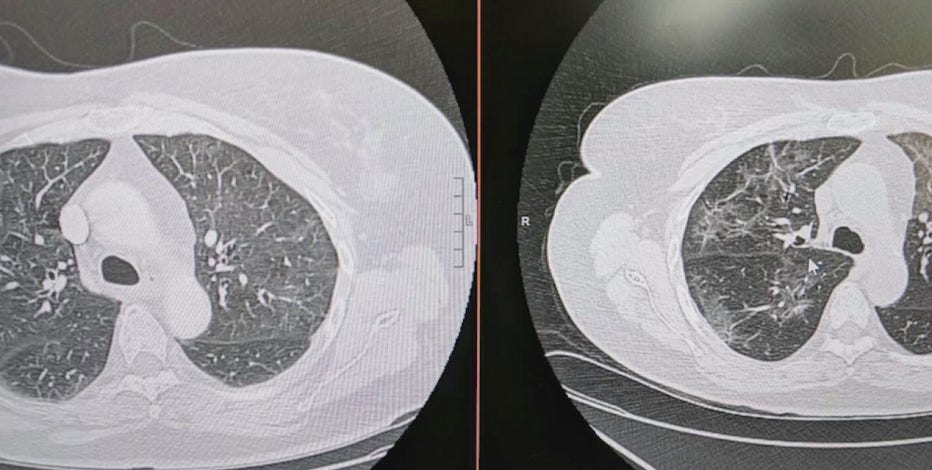Arizona surge continues with 127 virus deaths, 7,206 cases
PHOENIX (AP) - Arizona on Jan. 6 reported a triple-digit number of additional COVID-19 deaths for the second day in a row along with more than 7,200 additional known cases and another record high of virus-related hospitalizations.
Arizona has the worst coronavirus diagnosis rate in the country, with one person of every 119 people in the state being diagnosed in the past week.
According to the state coronavirus dashboard, Arizona had a record 4,877 COVID-19 patients occupying hospital beds as of Tuesday.
The Department of Health Services reported 127 additional deaths and 7,206 cases, increasing the state’s totals since the pandemic began to 574,680 cases and 9,444 deaths.
The state on Tuesday reported 253 additional deaths, most of which were newly attributed to COVID-19 due to reviews of past death certificates.
Arizona has begun distributing an $300 per week check to unemployed people under recent federal COVID-19 relief legislation, state officials announced.
Individuals who are unemployed or partially unemployed due to COVID-19 and are currently receiving unemployment benefits are eligible to receive up to $540 a week, which includes the maximum state weekly benefit amount of $240 plus the $300 a week in federal assistance, officials said Tuesday.
Additionally, the Arizona National Guard has begun training retired medical professionals and current medical students who have volunteered to support COVID-19 vaccination sites statewide.
Once trained, the volunteers will work alongside medical personnel and National Guard troops at vaccination sites, the National Guard said Tuesday.
Coronavirus in Arizona: Latest case numbers
MAP: Arizona Coronavirus cases by zip code
FULL COVERAGE: fox10phoenix.com/coronavirus
In order to protect yourself from a possible infection, the CDC recommends:
- Avoid close contact with people who are sick.
- Avoid touching your eyes, nose, and mouth.
- Stay home when you are sick.
- Cover your cough or sneeze with a tissue, then throw the tissue in the trash.
- Clean and disinfect frequently touched objects and surfaces using a regular household cleaning spray or wipe.
- Cover your mouth and nose with a cloth face cover when around others
- Wash your hands often with soap and water for at least 20 seconds, especially after going to the bathroom; before eating; and after blowing your nose, coughing, or sneezing.
- Monitor your health daily
Expect a common cold to start out with a sore or scratchy throat, cough, runny and/or stuffy nose. Flu symptoms are more intense and usually come on suddenly, and can include a high fever.
Symptoms of COVID-19 may appear more slowly. They usually include fever, a dry cough and noticeable shortness of breath, according to the World Health Organization. A minority of cases develop pneumonia, and the disease is especially worrisome for the elderly and those with other medical problems such as high blood pressure, obesity, diabetes or heart conditions.
Continuing Coverage
Featured
Phase 1B COVID-19 vaccine rollout for seniors, childcare workers in Maricopa County begins Jan. 11
The Phase 1B rollout includes K-12 school staff and childcare workers, law enforcement and adults over the age of 75.
Featured
University of Arizona ramps up virus testing; most classes to be online
The University of Arizona asking students arriving from outside Tucson to self-quarantine for seven days even if they have tested negative for COVID-19.
Featured
COVID-19 long haulers share experiences of inhalers, hazy lung X-rays
There are several people who report long-term conditions after battling COVID-19, including hazy lung X-rays and inhaler usage.




